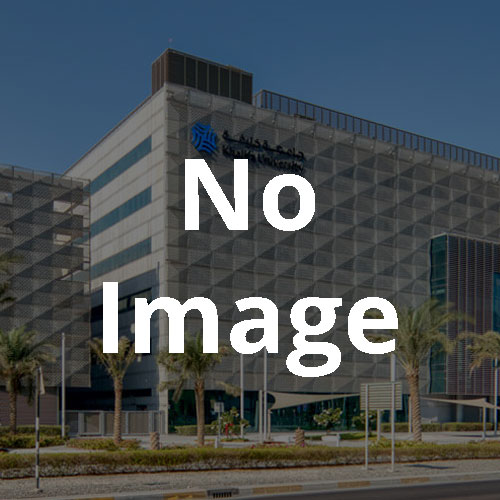
Indoor environmental conditions in buildings can have a significant impact on occupants’ comfort, well-being, happiness, and productivity. Currently, the vast majority of building-related research efforts are focused on energy-efficient designs and technologies, overlooking the important effects of building conditions on their users. Despite the growing interest in the latter, the current literature on the topic has important shortcomings including: (1) a lack of comprehensive study approaches covering multiple indoor environmental metrics and potential synergies between them (e.g., temperature, lighting, humidity, and noise levels); (2) limited studies conducted in actual building environments as opposed to experimental settings; (3) a limited consideration of occupant-centered performance metrics (e.g., happiness and productivity levels); and (4) a limited application of novel analysis methods (e.g., machine learning) to get deep insights out of the collected data.
A novel data collection and analytics building audit tool is proposed to evaluate the impact of various building environmental metrics on occupants’ comfort, happiness, and productivity. Data collection includes a variety of sources including sensors, surveys, and cognitive tests. Data analysis combines traditional statistical methods (e.g., correlation and regression models) with novel machine learning techniques (e.g., gradient boosting). The capabilities of the tool are illustrated through applications to multiple university campuses across Abu Dhabi, shedding light on the ideal environmental conditions that are needed to support learning. Recommendations are then made following a gap analysis of current local building standards and green rating programs (e.g., Estidama). The proposed work is relevant and timely given the recent investments of the UAE government in the education system, human capital development, sustainable buildings and infrastructure, and more recently, initiatives to promote the happiness of UAE citizens and residents.
